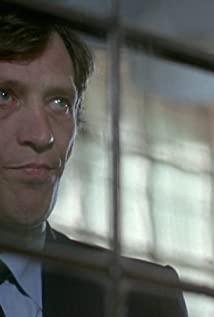"Don't Let Me Go" combines elements of reasoning, suspense, sci-fi and love.
The discussion on whether replicators have the same qualifications for survival as humans, and whether they should be arbitrarily disposed of life and other medical ethics issues, makes the theme of the play suddenly jump out of the rut of love and love.
At the beginning of the series, the heroine, who is a clone, works as a caregiver before donation, taking care of those who have donated some of their organs but are still alive, until they can no longer donate and die. The fate program of the replicant is determined from the moment of birth, and there is no possibility of turning it around. The story developed to the point where the replicants represented by the heroine gradually began to find the meaning of survival for themselves, and they would do their best just to be able to stay with their lover for a few more years. It is a new attempt to deal with such subjects with the length and shooting techniques of Japanese dramas.
View more about Never Let Me Go reviews











